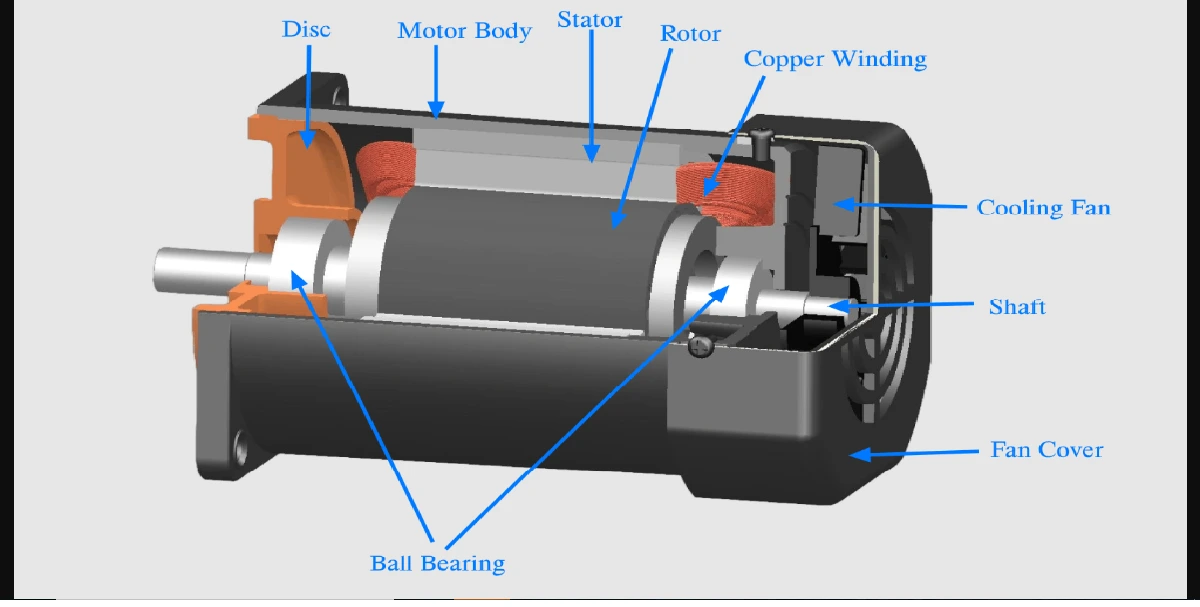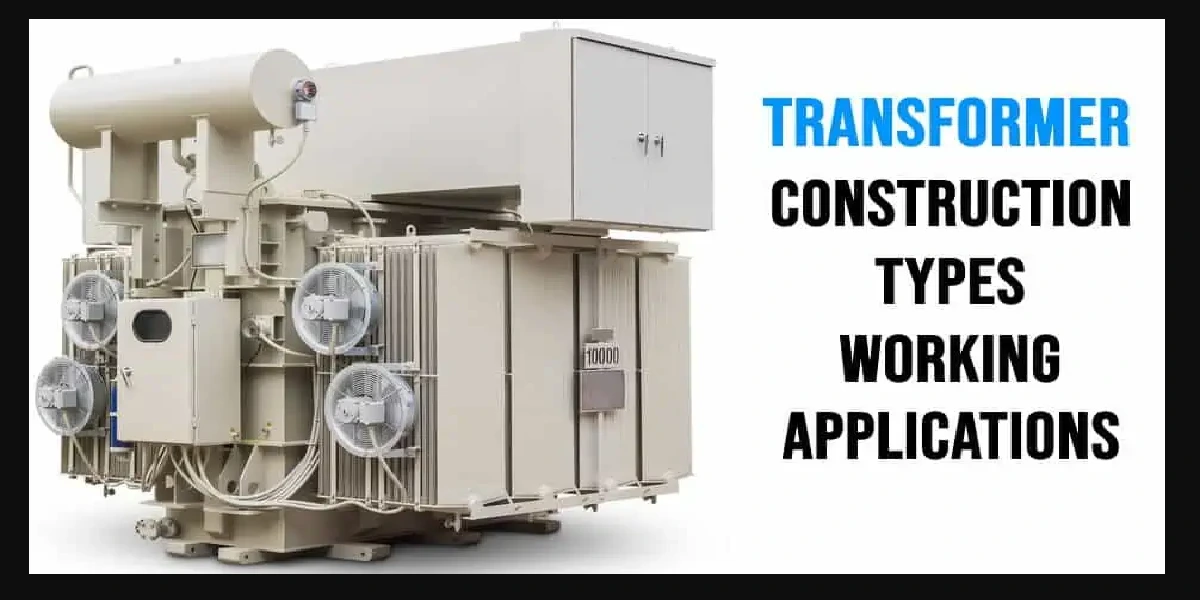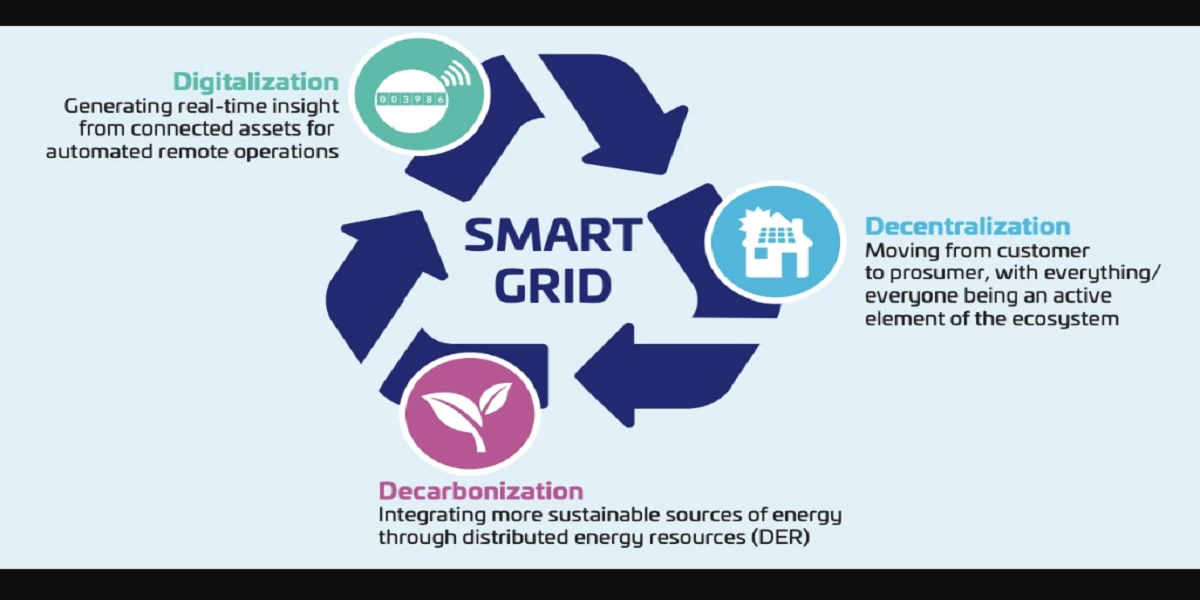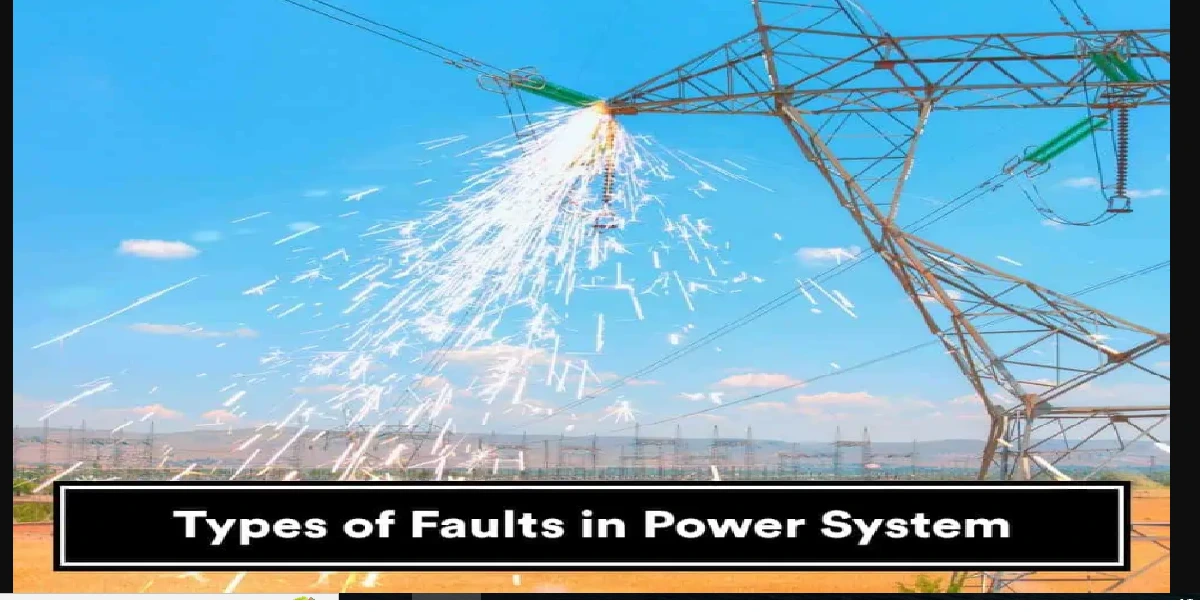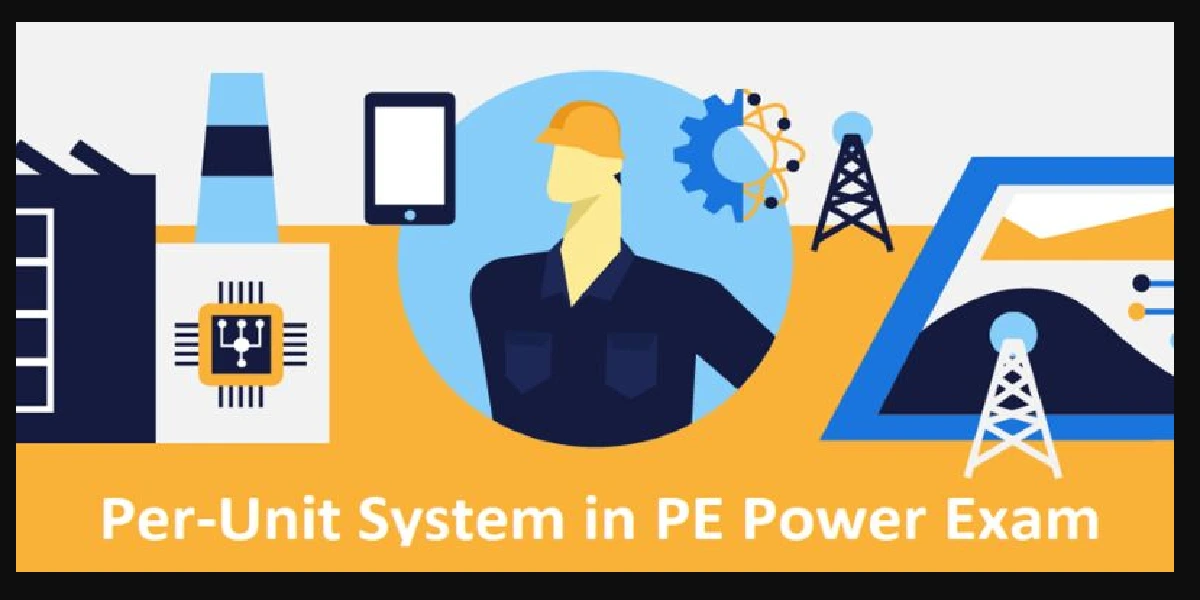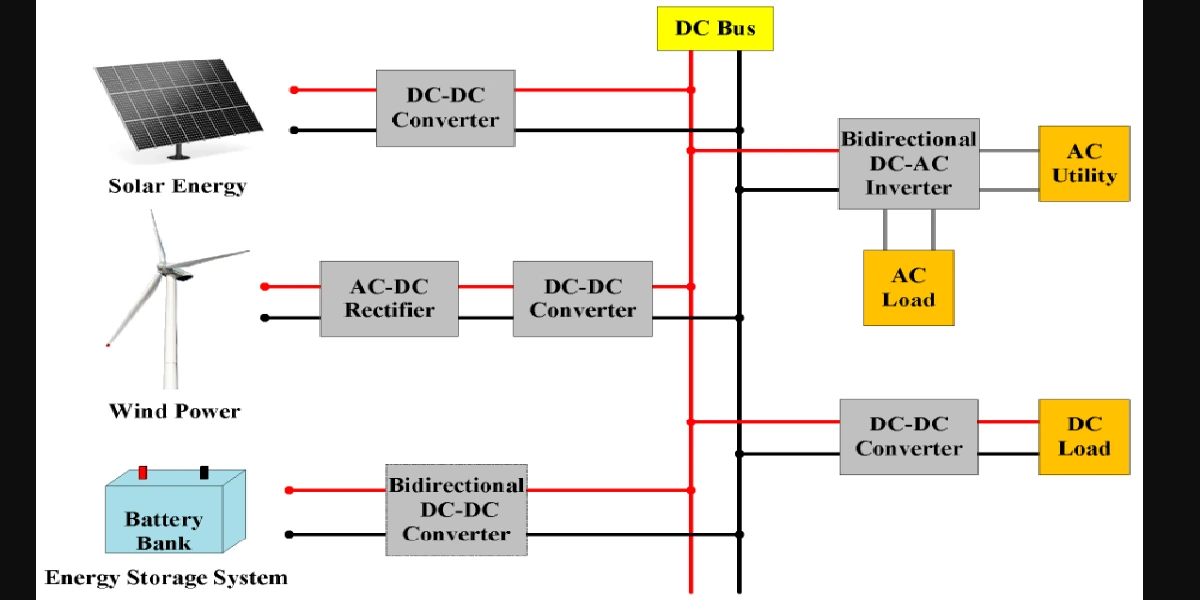[sc_fs_faq html=”true” headline=”h2″ img=”” question=”How Do Heat Pumps Work?” img_alt=”” css_class=””] Heat pumps are innovative devices that transfer heat from one place to another rather than generating it directly. For pools, they draw in warm air from the environment, compress it to increase its temperature, and then transfer the heat to the pool water. This method is highly efficient because it uses less electricity compared to traditional heating methods. [/sc_fs_faq]
Types of Heat Pumps for Pools
There are two main types of heat pumps designed for pools:
- Air-Source Heat Pumps: These are the most common types, utilizing the air around the pump to heat the pool water. They are efficient and work best in moderate to warm climates.
- Water-Source Heat Pumps: Less common but highly effective, these pumps use water from a well or another body of water. They can be more efficient in colder climates where air-source heat pumps might struggle.
Benefits of Using Heat Pumps for Pools
Heat pumps provide consistent heating, are environmentally friendly, and significantly reduce energy costs over time. They are an excellent choice for those who want to keep their pools warm without burning a hole in their wallets.
Key Features of Energy-Efficient Heat Pumps
COP (Coefficient of Performance)
The COP measures the efficiency of a heat pump. The higher the COP, the more efficient the pump is. Most energy-efficient models have a COP of 5.0 or higher, meaning they produce five units of heat for every unit of electricity consumed.
Inverter Technology
Inverter technology allows the heat pump to adjust its output to match the heating demand. This feature not only enhances efficiency but also prolongs the lifespan of the pump by reducing wear and tear.
Titanium Heat Exchanger
A titanium heat exchanger is corrosion-resistant and durable, making it ideal for pools that use saltwater or chlorinated water. This feature ensures that the heat pump will last for years with minimal maintenance.
Smart Controls and Automation
Modern heat pumps come with smart controls that allow you to automate heating schedules, monitor energy consumption, and even control the pump remotely using a smartphone app.
Factors to Consider When Choosing a Heat Pump for Your Pool
Pool Size and Volume
The size of your pool plays a crucial role in determining the right heat pump. Larger pools require more powerful pumps to heat the water efficiently.
Climate and Geographical Location
Your local climate will affect the efficiency of your heat pump. In colder regions, you may need a more powerful unit or a hybrid system that combines a heat pump with another heating method.
Installation and Maintenance
Proper installation is key to maximizing the efficiency of your heat pump. Consider professional installation to ensure optimal performance and longevity.
Initial Cost vs. Long-Term Savings
While energy-efficient heat pumps may have a higher upfront cost, they provide substantial savings on energy bills over time, making them a cost-effective choice in the long run.
Top Energy-Efficient Heat Pumps for Pools in 2024
Best Budget-Friendly Options
- EcoPump Series 3000: Offers excellent performance at a reasonable price, suitable for small to medium-sized pools.
Top Picks for Large Pools
- AquaCal SuperQuiet SQ225: Designed for larger pools, offering quiet operation and high efficiency.
High-End Models with Advanced Features
- Pentair UltraTemp 120: Known for its advanced inverter technology, smart controls, and exceptional energy efficiency.
Installation Tips for Energy-Efficient Heat Pumps
Ideal Placement of Heat Pumps
Place your heat pump in a location that has good airflow and is not obstructed by walls or foliage. This ensures optimal heat exchange and efficiency.
Electrical Requirements
Ensure your electrical setup meets the requirements of the heat pump. Hiring a licensed electrician is recommended for safe installation.
Ensuring Proper Airflow
Adequate airflow around the unit is crucial for efficient operation. Make sure there is at least two feet of clearance around the pump.
Maintenance and Longevity of Heat Pumps
Routine Maintenance Tasks
Regularly clean filters, check for debris, and ensure there are no leaks. This helps maintain efficiency and prolongs the life of your heat pump.
How to Extend the Life of Your Heat Pump
Cover your pump during the off-season, perform annual maintenance checks, and replace any worn-out parts promptly.
Common Issues and Troubleshooting Tips
Common issues include reduced heating efficiency and unusual noises. Regular maintenance can help prevent these problems, but it’s important to consult a professional if issues persist.
Comparing Heat Pumps to Other Pool Heating Options
Heat Pumps vs. Gas Heaters
While gas heaters provide quick heating, they are less energy-efficient and more costly in the long run compared to heat pumps.
Heat Pumps vs. Solar Heaters
Solar heaters are highly energy-efficient but depend on sunny weather. Heat pumps provide a more consistent heating solution.
Heat Pumps vs. Electric Resistance Heaters
Electric resistance heaters consume more energy and have higher operational costs than heat pumps, making them less desirable for energy-conscious homeowners.
Environmental Impact of Energy-Efficient Heat Pumps
Reduction in Carbon Footprint
By using ambient air or water to heat pools, heat pumps significantly reduce greenhouse gas emissions.
Use of Eco-Friendly Refrigerants
Many energy-efficient models use R-410A or other eco-friendly refrigerants, which have a lower environmental impact.
Noise Pollution Considerations
Modern heat pumps are designed to operate quietly, reducing noise pollution and providing a more pleasant poolside experience.
Cost Analysis of Energy-Efficient Heat Pumps
Upfront Costs and Installation
While the initial investment might be higher, the savings on energy bills and maintenance make these pumps cost-effective in the long term.
Energy Savings Over Time
Energy-efficient heat pumps can save up to 70% on heating costs compared to other methods, providing substantial savings.
Return on Investment (ROI)
Most pool owners see a return on their investment within 3 to 5 years, depending on usage and local energy rates.
Government Incentives and Rebates for Energy-Efficient Heat Pumps
Federal and State Programs
Many governments offer incentives for installing energy-efficient pool heating systems. Check with your local utility provider for available programs.
How to Apply for Rebates
To apply for rebates, keep your purchase receipt, installation proof, and fill out the required forms from your utility provider or government website.
User Reviews and Experiences with Energy-Efficient Heat Pumps
What Users Love
Most users appreciate the reduced energy costs and consistent heating provided by these pumps.
Common Complaints and Concerns
Some users note that heat pumps can be slower to heat water compared to gas heaters, especially in colder weather.
| Read More Topics |
| How does a generator produce electrical energy |
| What device turns mechanical energy into electrical energy |
| Introduction of error control codes |

